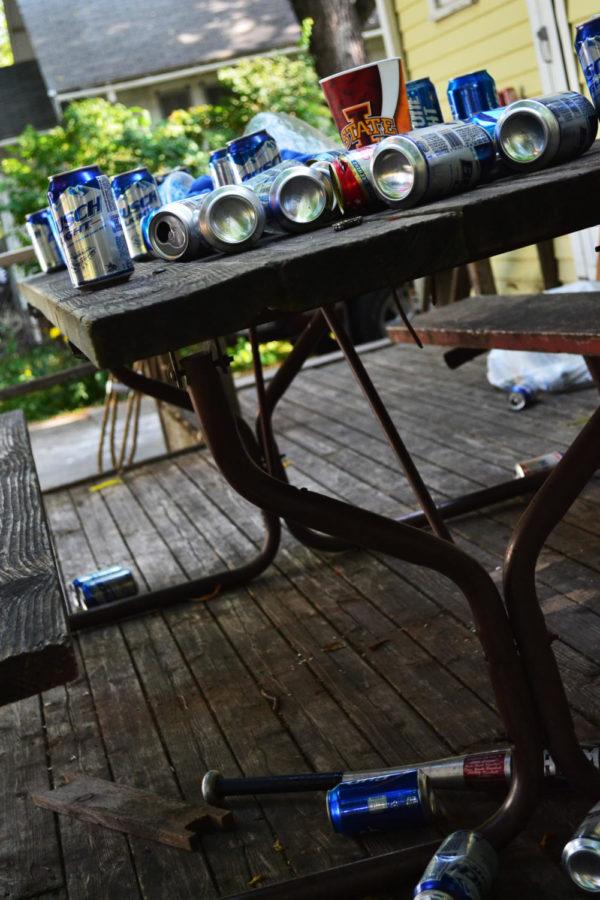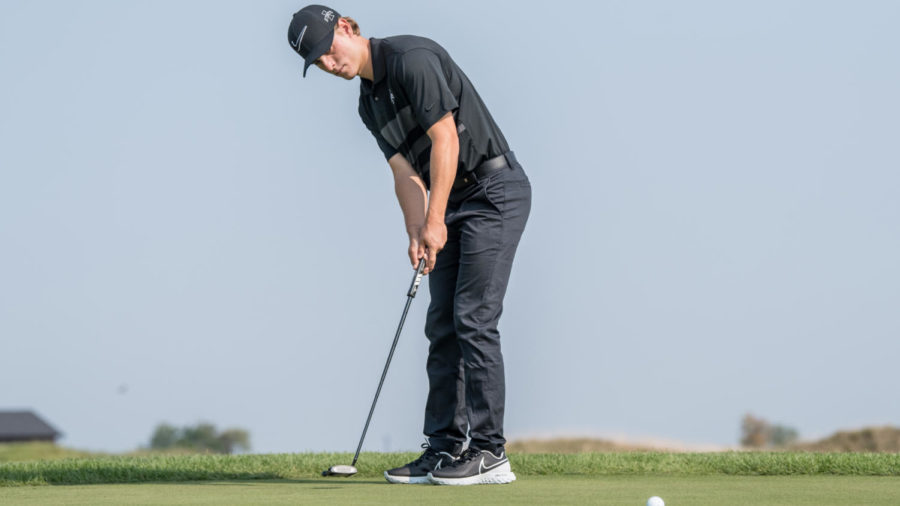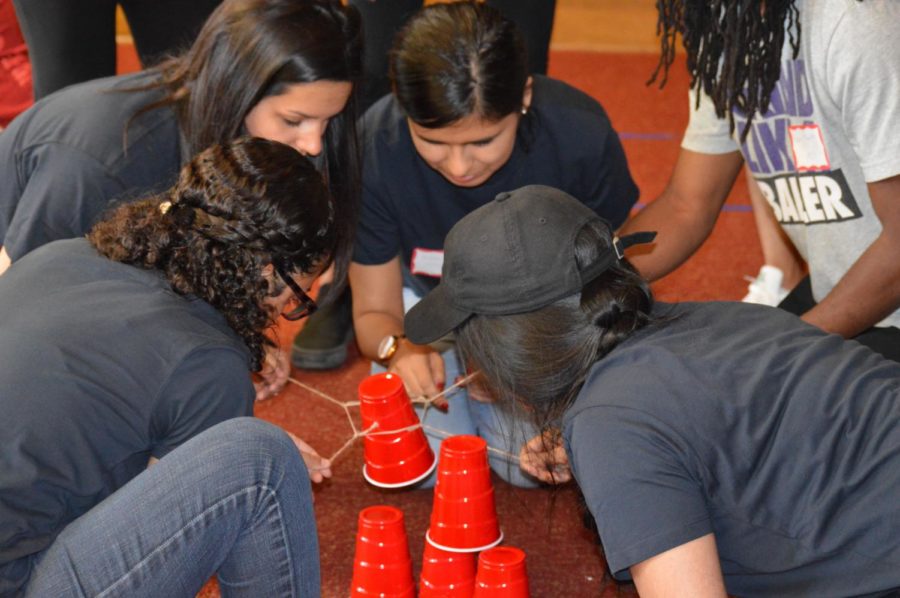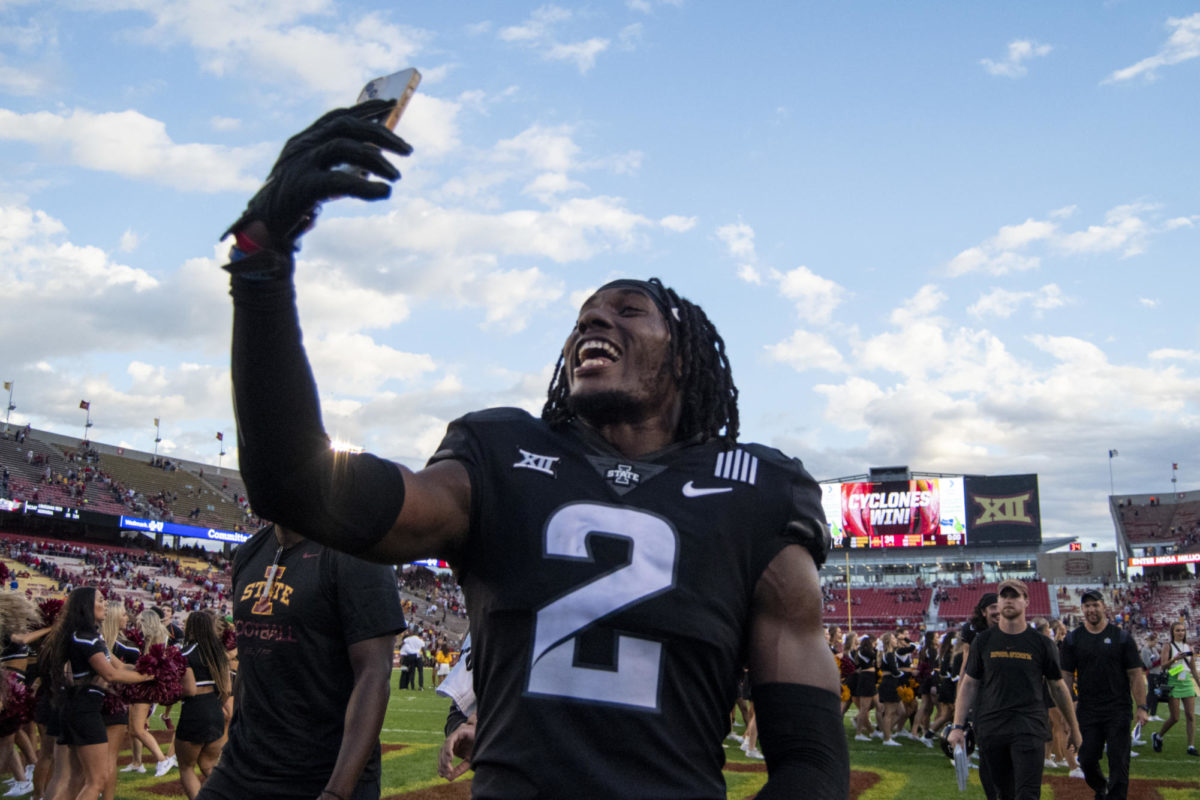Poll on drinking habits highlights differences between Iowa State, Iowa
Photo: Madeline Doyle/Iowa State Daily
Remaining cans and bottles from a spontaneous Thursday night, end of summer reunion.
August 28, 2013
The Princeton Review recently ranked the University of Iowa as the No. 1 party school. The rankings are the result of an 80 question unscientific poll of 126,000 students. The poll maintains Iowa’s reputation as a party school while Iowa State, not in the top 20, does not carry that designation.
In total, there were more arrests related to drugs and alcohol made by university police at Iowa than Iowa State in the 2012 calendar year, according to the statistics reported to the Board of Regents.
Iowa had more arrests for drunkenness with 596 arrests compared to 361 at Iowa State; University of Iowa police also arrested more people for drug/narcotic violations with 186 arrests while Iowa State’s made 144.
Iowa State, however, did have more arrests for driving under the influence with 160 compared to University of Iowa’s 130.
“Some students find themselves in a culture that’s partying, and they perpetuate that,” said Kip Van Dyke, program coordinator for the Dean of Students Office. “They maybe hang around people who skip class and whose priority is mug night. There are other students who stay away from it. There are other students who moderately do it.”
Van Dyke works with students to help them figure out how to achieve their personal goals. He has helped students determine ways to better keep track of their drinking and has recently started seeing people referred to him by friends.
“We’re hoping not only are we teaching safety but also helping them teach others, [so] that next time they are in a situation where it could be getting risky they are intervening and helping out,” Van Dyke said.
Sally Deters, residence life coordinator for the Department of Residence, works to set up programming for students living in residence halls including bringing in police officers to educate students and setting up alternative activities to partying.
“We may have more documentations the first few football games because what we know is that we have more students that stay on campus for football games,” Deters said. “They may have friends from other places that come into town. It may be more of a party atmosphere.”
Savanah Farrell, junior in agriculture and life sciences education, spent her freshman year at Iowa. When she attended that university, she said everyone she knew was less committed to outside activities and were free to drink the whole weekend. At Iowa State, she has found many people who have other activities they want to do instead.
“Almost everyone here [in Ames] is a lot more active than people I hung around with at Iowa,” Farrell said.
At Iowa, Farrell and her friends would start their party weekend on Thursday after class and continue through Saturday.
“There’s like two to three main streets that you walk down, and while you’re walking down them, you’ll find random keggers and houses, and it’ll be just lined with people,” Farrell said.
Farrell has found partying at Iowa State to be done more with friends than the random house parties that she found to be the norm at Iowa.
“The main difference for me has been my level of activity outside of binge drinking,” Farrell said. “In [the University of] Iowa, I literally had nothing better to do, and here, I’m involved in multiple organizations.”

















